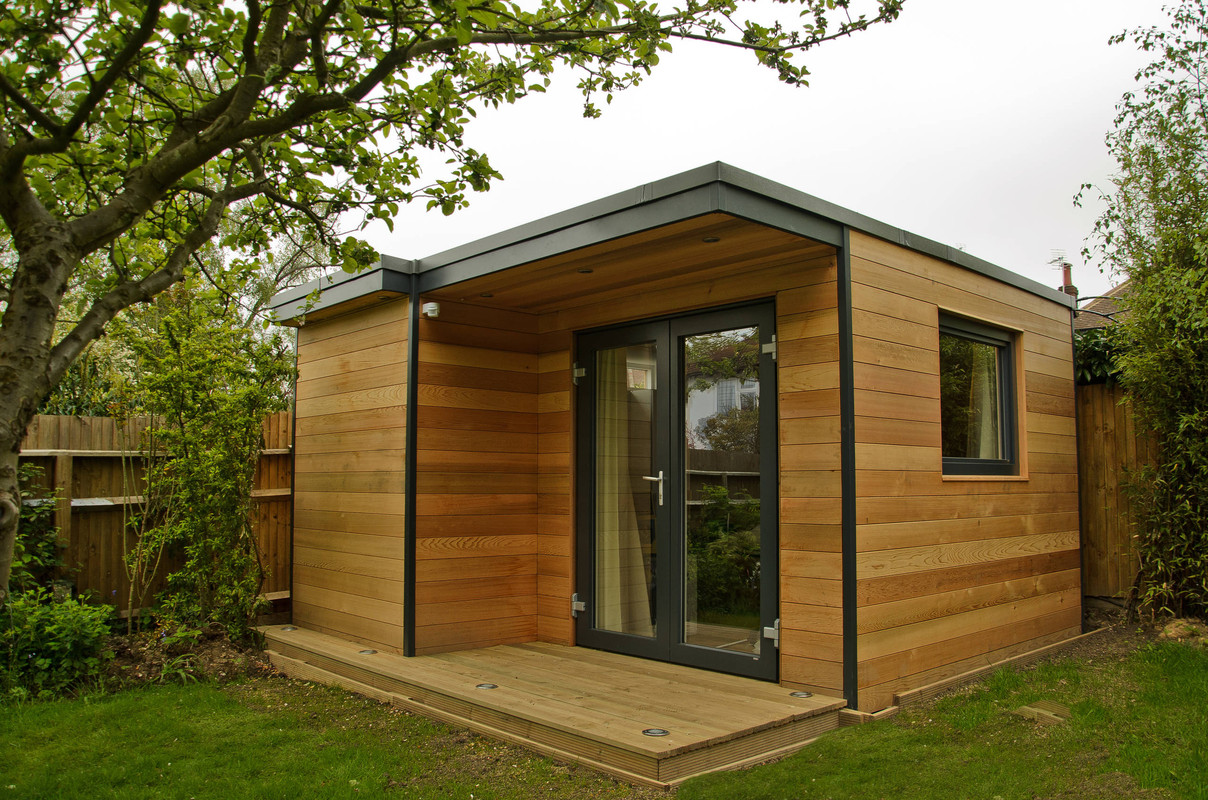7 Costly Errors to Dodge When Picking Wooden Outdoor Structures
7 Costly Errors to Dodge When Picking Wooden Outdoor Structures
Blog Article

1. Not Considering the Right Type of Timber
One of the most common mistakes people make is choosing the unsuitable type of timber. Different woods have varying levels of resilience, tolerance to weather, and upkeep needs. High-quality woods like Teak are excellent choices because they by design withstand decay and pests, making them suited for exterior use.2. Ignoring Nearby Climate Conditions
The UK’s variable climate can take a toll on garden buildings. Forgetting to consider how precipitation, storms, and climate changes will affect your timber structure can lead to premature aging. Make sure to choose weather-resistant materials and sealants to ensure durability.3. Neglecting Proper Foundations
A typical mistake is failing to install a stable foundation. Timber structures, especially cabins, need a even and sturdy groundwork to avoid issues like warping and movement. A improperly prepared base can cause long-term support issues, so investing in proper site preparation is essential.4. Choosing the Unsuitable Size
Many garden owners either underestimate or underestimate the space requirements of their wooden outdoor units. Undersized, and you might quickly outgrow it; oversized, and it could dominate your garden. Before deciding, carefully calculate the usable area and think about how you’ll use the building in the coming years.5. Overlooking Maintenance
Timber requires regular care to stay in top shape. Failing to consistently treat, varnish, or protect your timber building can lead to fading, decay, or pest infestations. If you seek a hassle-free alternative, choose high-quality materials that requires minimal care.6. Skipping Qualified Installation
While do-it-yourself tasks can be fulfilling, assembling a timber unit without skilled guidance can lead to durability problems. Working with trained professionals ensures correct installation, helping you avoid time, stress, and potential fixes down the road.Conclusion
Steering clear of these common errors will help you invest in a timber garden structure that is sturdy, practical, and visually appealing. If you're seeking skilled guidance and top-notch workmanship, consider reaching out to the experts in garden office paisley tailored services that fit your requirements. Report this page